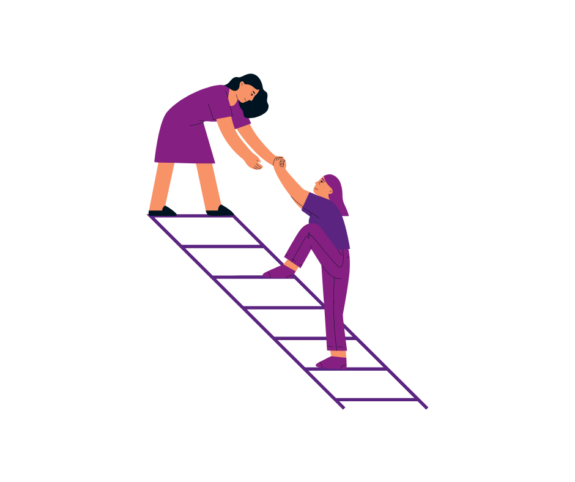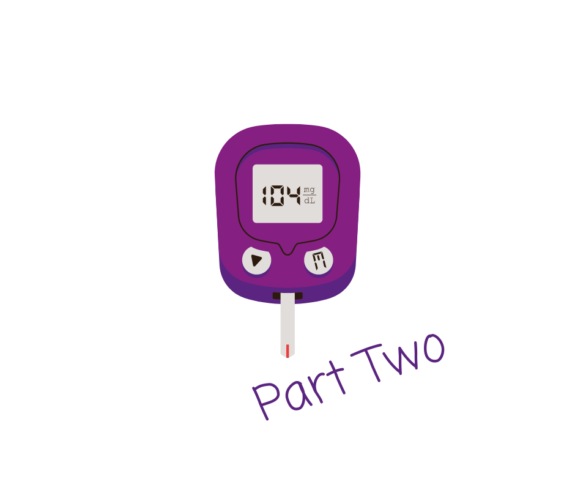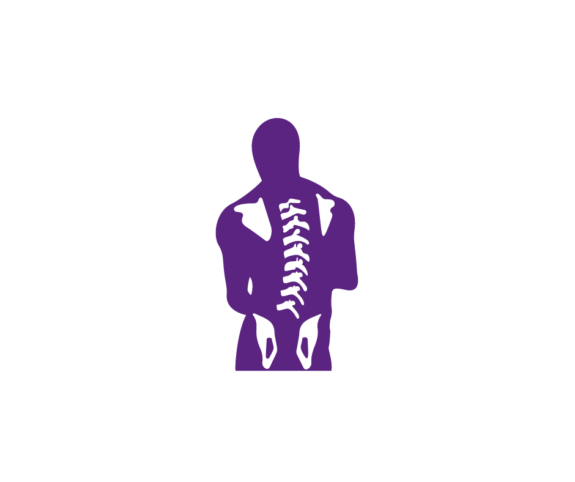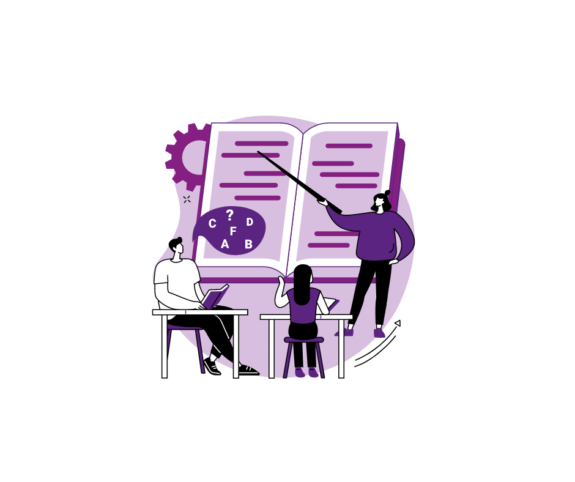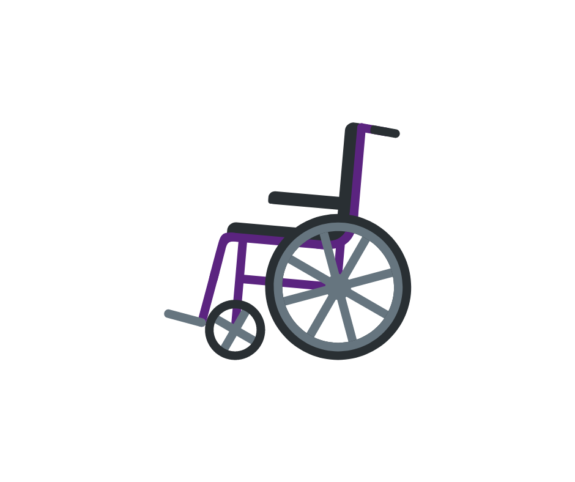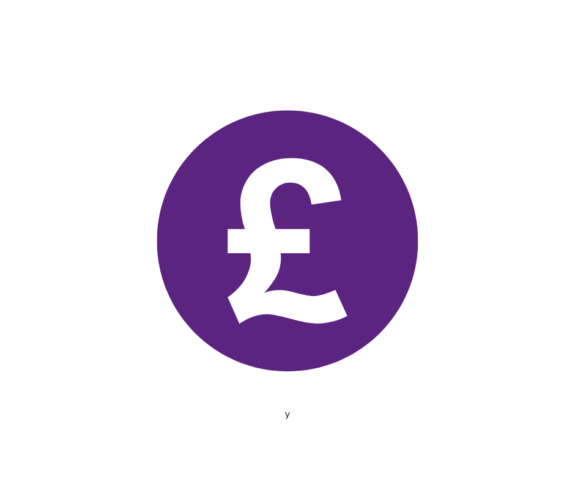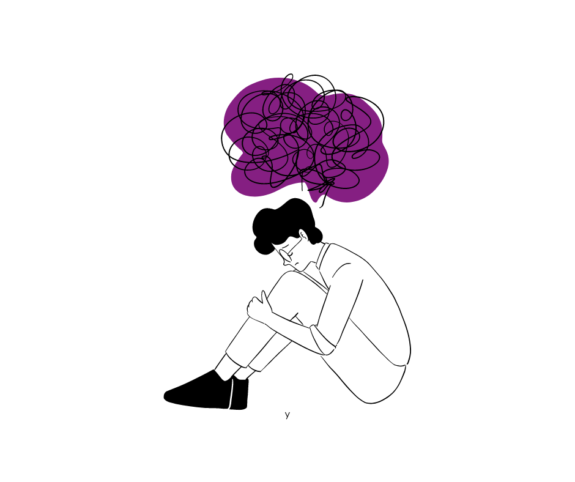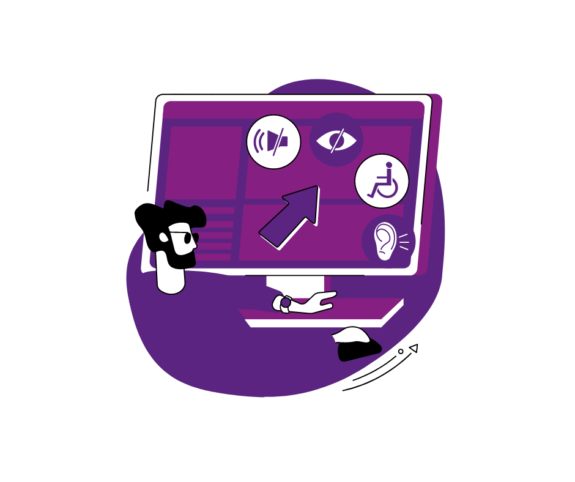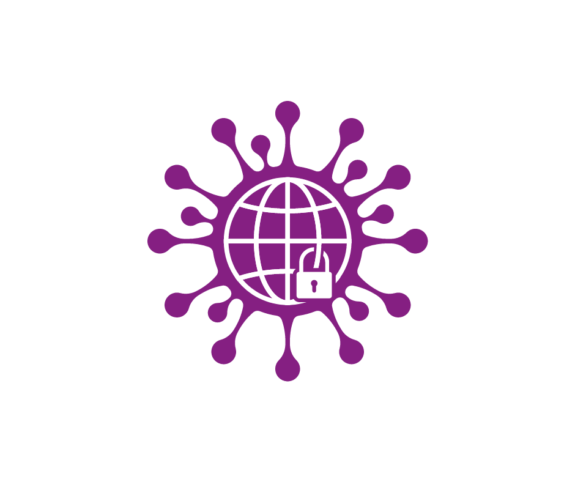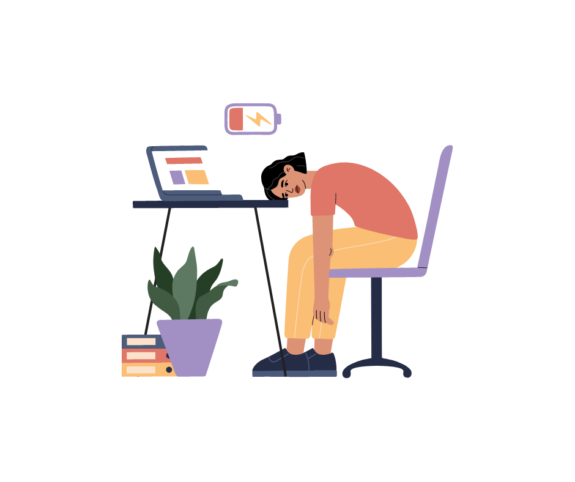We don’t want to bother people with our problems, so we lie and say that horribly overused word ‘fine’.
But why?
Psychologically, it doesn’t make sense. We are hardwired for altruism, for doing nice things for other people. Research shows that being generous activates the same reward centre as food, which is why it makes us feel good and let’s be honest, who doesn’t like feeling good about themselves? Volunteering our time, money, effort or services has been shown to improve our mental and physical health and increase our happiness. Even seemingly small acts of kindness such as holding a door open or picking up something that has been dropped can make us happy.
This idea of generosity begins in childhood with studies finding that young children are innately driven to want to help others. They are naturally generous and able to cooperate but as they grow older, their generosity becomes much more selective. While this isn’t necessarily a bad thing (it is alright to say no if someone asks for a favour) it can often go too far. We may be hardwired for generosity, but we can also be incredibly self-serving.
So why, if we are an inherently altruistic society, do we still have trouble asking for help from people who are primed to give it?
The reasons are many, but they pretty much all stem from fear. Fear of rejection, fear of people, thinking we’re weak, that we can’t cope, that we’re frauds. Fear of losing control. When confronted with all of these possibilities our brains freeze; fear becomes the overwhelming emotion and logic and reason go out the window.
Some research has shown how emotional pain is processed by the brain in the same way as physical pain. So, this fear becomes validated in our minds as a way to avoid pain. It’s a protective mechanism saving us from feeling hurt.
All of this is backed up by the self-help industry, whose entire rhetoric revolves around being self-sufficient and only relying on yourself. That YOU are the only person who can get you where you need to be. This is of course rubbish. Every single person who became successful had help from someone along the way, even if it was only in a small way. The only thing it does is tell you that if you find yourself in a position where you need to ask for help, that you’re a failure. Which is not true.
So how can we overcome that and realise that asking for help is the opposite of failing? It’s not easy, especially to those who are wholly unused to doing so. The first step would be to think about the reasons why you don’t want to ask for help.
“If I ask for help with this task they’ll think I’m stupid.”
Generally untrue. 99% of the time, people think more highly of a person who asks for help. It shows that they know their limits and can make the person who was asked the question feel that their knowledge and expertise are respected.
“If I ask for help people will think I can’t cope.”
We all have busy lives and everyone has been in the position where they had just a little bit too much on their plate. We’re not superheroes. There are only so many hours in the day and sometimes, it’s physically impossible to fit everything in. Asking for help in that situation will take some stress away and lower the risk of things going wrong.
“If I ask for help, everyone will think I’m just trying to make life easy.”
Well…….yeah. That’s the point. To make your life a little bit easier and help you deal with whatever your problem is. It’s not a handout. It doesn’t mean you’re lazy. It means that you are either unable or don’t know how to deal with a situation. And that’s ok. We don’t know everything.
“I’ll feel like a complete failure if I have to ask for help.”
In this situation, consider what’s most important to you. Will asking for help get you towards your goal faster? Do you have the knowledge or expertise to fix the problem yourself? One problem people have is that they equate independence with self-sufficiency and that’s not the case. You can be an independent person and ask for help. It’s not an either/or situation and absolutely does not make you a failure.
“I don’t know how to ask for help.”
The crux of the matter. We may be able to answer all of those questions, decide that we do need to ask for help, but still end up here. So here’s some of our tips to help you start the conversation.
Be clear and specific. Decide exactly what it is you want to ask and say it. Don’t go around the houses to get to your point. Be very clear what it is you’re asking of the person and what you’re hoping they can help you with.
Don’t minimise. Don’t start your sentence with phrases like, “I’m sorry to bother you….” Or “I really hate to ask this……”, “It’s just a little thing, it won’t take you very long……”. All of these phrases may be true, but if you start off by apologising it makes it seem as though what you’re asking is wrong. And it’s not. We’re all allowed to ask for help.
Choose your words. Try something like “I’ve got a problem that I’m not sure how to handle and I’d really appreciate it if you could help me out.”. Or, “I was wondering if you’d be able to do me a favour?”. It shows that you value the other person’s time.
If someone says yes, accept their help gracefully! This may be one of the hardest ones. Acknowledging you need help and asking for it are one thing, but actually giving up control is another thing entirely!
Accept that they might say no. If they feel they can’t help or aren’t able to they may say no. This doesn’t mean they’re rejecting you. They may simply be unable to help at that time.
Asking for help when we’re not used to it can be one of the most uncomfortable things to do. But not asking for help can also hold you back, so embrace the discomfort. It could mean preventing you from burnout and give you much-needed support. Don’t let fear stop you.
References:
